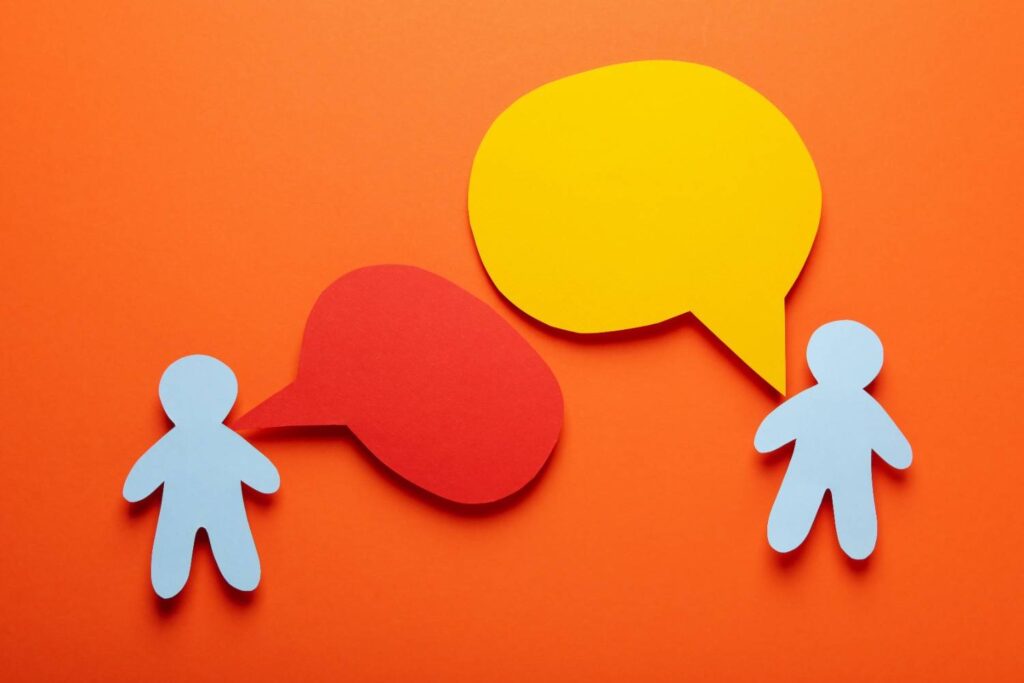Starting a conversation in French might feel like diving into the deep end, but don’t worry—it’s easier than you think. With a little preparation and some handy tips, you’ll be chatting away in no time. Whether you’re planning a trip to France, learning French for business, or just curious about the language, this guide will walk you through starting a meaningful conversation in French.
Introduction
Starting a conversation in French isn’t just about knowing the words—it’s about confidence and understanding the culture. Whether you’re a beginner or brushing up your skills, mastering conversational French opens doors to deeper connections and enriching experiences. Ready to dive in? Let’s get started.
Understanding French Greetings
Common French Greetings
- Bonjour (Good morning/Hello)
- Bonsoir (Good evening)
- Salut (Hi – informal)
Greetings are the cornerstone of French conversation. Always start with a polite “Bonjour” or “Bonsoir,” depending on the time of day.
Cultural Nuances
In France, greetings are more than words—they’re rituals. A quick “Bonjour” can earn you respect, while skipping it might come across as rude.
Essential Vocabulary for Small Talk
Here are some phrases you’ll find handy:
- Ça va? (How’s it going?)
- Quoi de neuf? (What’s new?)
- Vous parlez anglais ? (Do you speak English?)
Learning these phrases is like having the keys to open conversational doors.
How to Introduce Yourself in French
Key Phrases
- Je m’appelle [Your Name]. (My name is [Your Name].)
- J’habite à [City]. (I live in [City].)
Share simple details about yourself to make a connection.
Personal Details to Share
You can talk about your hobbies, job, or reason for learning French. For instance:
- J’aime voyager. (I love traveling.)
Asking Questions to Keep the Conversation Going
Curiosity is your best tool! Ask questions like:
- D’où venez-vous ? (Where are you from?)
- Quel est votre plat préféré ? (What’s your favorite dish?)
Expressions of Politeness
Never underestimate the power of politeness:
- S’il vous plaît (Please)
- Merci beaucoup (Thank you very much)
- Excusez-moi (Excuse me)
Navigating Informal vs. Formal French
Knowing when to use “tu” or “vous” can make or break a conversation. For example:
- Tu habites où ? (Where do you live? – informal)
- Où habitez-vous ? (Where do you live? – formal)
Starting Conversations with Strangers
Icebreaker Phrases
- Excusez-moi, où est [place]? (Excuse me, where is [place]?)
- Il fait beau aujourd’hui, non? (It’s a beautiful day, isn’t it?)
Common Topics to Discuss in French
Examples
- Weather: Quel temps fait-il ? (What’s the weather like?)
- Food: Avez-vous essayé [dish]? (Have you tried [dish]?)
French Slang and Casual Phrases
Add some flair to your conversations with slang:
- C’est cool! (That’s cool!)
- Ça roule? (How’s it going?)
Practicing Pronunciation
Practice makes perfect! Use apps or language tutors to refine your accent. The Berliners Institute is a fantastic resource.
Avoiding Common Mistakes
Examples
- Overusing “tu” in formal settings
- Mispronouncing key sounds like the nasal “on”
Building Confidence in Speaking French
Practice with friends, language partners, or online communities. The more you speak, the easier it gets.
Conclusion
Starting a conversation in French might seem intimidating, but with practice and the right mindset, it’s completely achievable. Take it step by step, and don’t be afraid to make mistakes—they’re a natural part of learning. Bonne chance!

